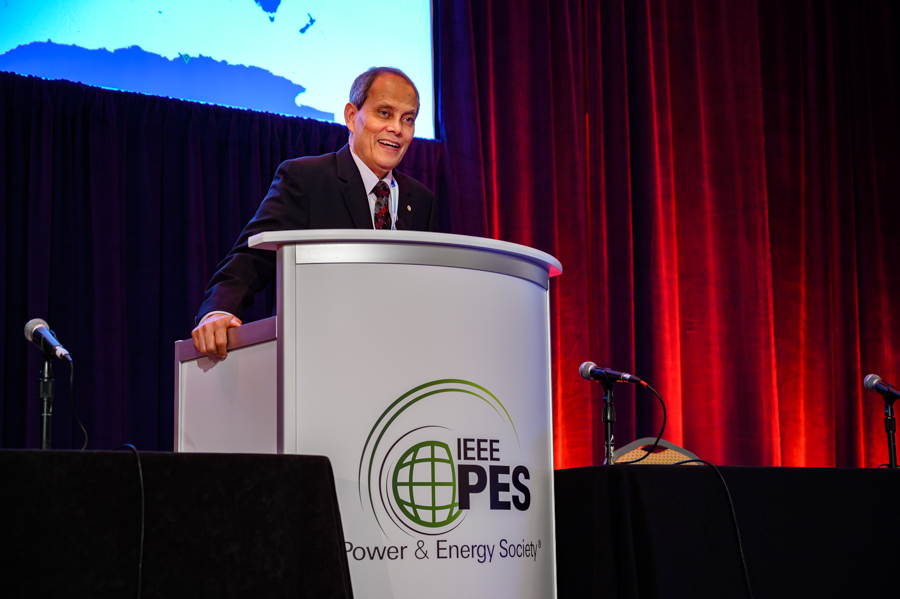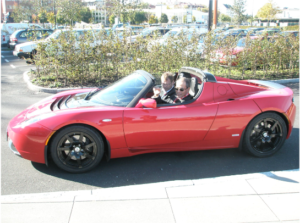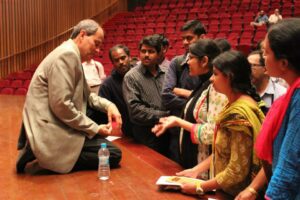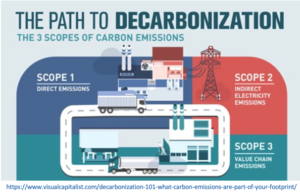IEEE continues its work to include more young professionals in the organization’s leadership, as well as fostering greater geographic diversity. Over the past 40+ years, IEEE has been an integral part of my pursuit of excellence in professional life. Keeping that in mind, we have developed a 6 Point vision where we pledge to build and develop networking, career and partnership opportunities, along with many other integral initiatives such as service to humanity through Smart Engineering, Integrity in Action – Intangibles and so on to serve the IEEE members. One of them is, Service to Humanity and Smart Engineering. Here is a detailed version of one of my visions on how I plan to take initiatives around the mentioned part:
The Institute of Electrical and Electronics Engineers (IEEE), being the largest technical professional society in the world is well-positioned to participate in many areas of technical discourse globally. In fact, IEEE’s motto is ‘Advancing Technology for Humanity’. Due to its presence in over 150 countries and being engaged with a broad spectrum of members from students to high levels of technical professionals in industry, academia and government, IEEE can help to serve a large segment of the global society.
As a past President of the IEEE Power & Energy Society I have encouraged closer and purposeful ties with Industry, engaged with sustainable development thought leaders to address global challenges, and worked with policymakers to help with Smart Engineering. While the overall number of IEEE members have grown over the years, the percentage of industry membership number has been declining. The primary reason being – many industry members do not find the IEEE membership relevant to their work. One area where industry engineers have always shown interest is – upskilling and self-improvement so that they can maintain their currency in their jobs. I have helped to establish the IEEE PES University to address this need. This university can be expanded to serve all fields of interest in the broader IEEE. This institute is a technical resource for sustainable development thought leaders who need to know both the tools for dealing with global problems like climate change, and social implications of using such tools. IEEE can work on developing such tools in collaboration with thought leaders throughout the world. In many countries of the world – both developed and developing – Smart Engineering is looked upon as an all-inclusive tool for policymakers to meet the needs for water, energy, food, transportation, communication, housing, education and health care. The IEEE members’ work at the grassroots level can help with developing, deploying and managing the building blocks of Smart Engineering.
Saifur Rahman, PhD




